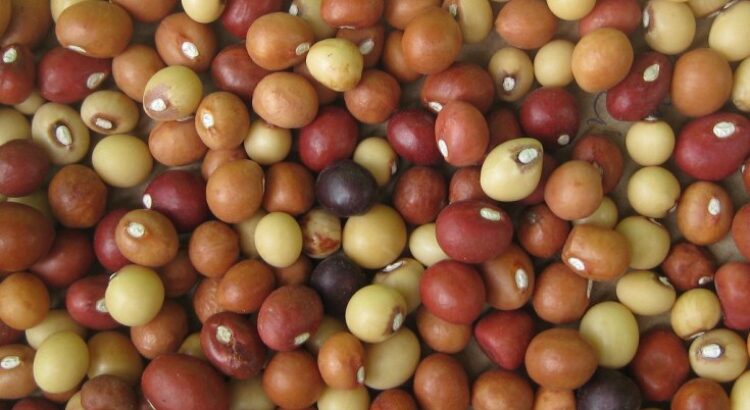African Countries Must Embrace the Concept of Good Food As Good Medicine
ANALYSISBy Charles Wambebe
Fresh impetus is being directed into identifying and advocating for scientific priorities in the area of food security and nutrition across Africa, with a particular focus on health implications.
At the centre of these efforts is a a five-year project initiated by the Alliance for Accelerating Excellence in Africa, a partnership between the African Academy of Sciences and the African Union Development Agency-NEPAD. This project aims to identify the continent’s most urgent research and development questions, and to advocate for investments in these areas. This will go a long way in helping the continent achieve its vision of transforming lives through science.
As a professor of pharmacology and having worked in the field of African indigenous medical knowledge for decades, I have been involved in research in this field, and have been a strong advocate for more research. I also believe the translation of this research into policy is critical.
One of the things that has become clear to me is that, while Africa is rich in biological diversity, this reality simply isn’t being used to its full potential. This was emphasised at a consultative round table last year on food security and nutrition priorities for Africa organised as part of the five-year project.
A survey was designed for this round table to prioritise research and development questions relating to food security and nutrition. This survey attracted comments and engagement from more than 1,000 experts globally.
The experts made it clear that what is needed is a prioritisation of the health and medicinal values of the food that’s consumed in African countries. In turn, this will spur more research and development of new supplements and phytomedicines – that is, plant-based therapies and medicines – across the continent. This approach has been successful elsewhere, most notably in China. The Asian country has invested heavily in training young practitioners of Chinese traditional medicine, who work with, among other things, plant-based therapies and phytomedicines. The Chinese government has also spent a great deal on manufacturing phytomedicines.
One of the things that has become clear to me is that, while Africa is rich in biological diversity, this reality simply isn’t being used to its full potential. This was emphasised at a consultative round table last year on food security and nutrition priorities for Africa organised as part of the five-year project.
A survey was designed for this round table to prioritise research and development questions relating to food security and nutrition. This survey attracted comments and engagement from more than 1,000 experts globally.
The experts made it clear that what is needed is a prioritisation of the health and medicinal values of the food that’s consumed in African countries. In turn, this will spur more research and development of new supplements and phytomedicines – that is, plant-based therapies and medicines – across the continent. This approach has been successful elsewhere, most notably in China. The Asian country has invested heavily in training young practitioners of Chinese traditional medicine, who work with, among other things, plant-based therapies and phytomedicines. The Chinese government has also spent a great deal on manufacturing phytomedicines.
Fuente de la Información: https://allafrica.com/stories/202105110163.html







 Users Today : 197
Users Today : 197 Total Users : 35459792
Total Users : 35459792 Views Today : 357
Views Today : 357 Total views : 3418329
Total views : 3418329